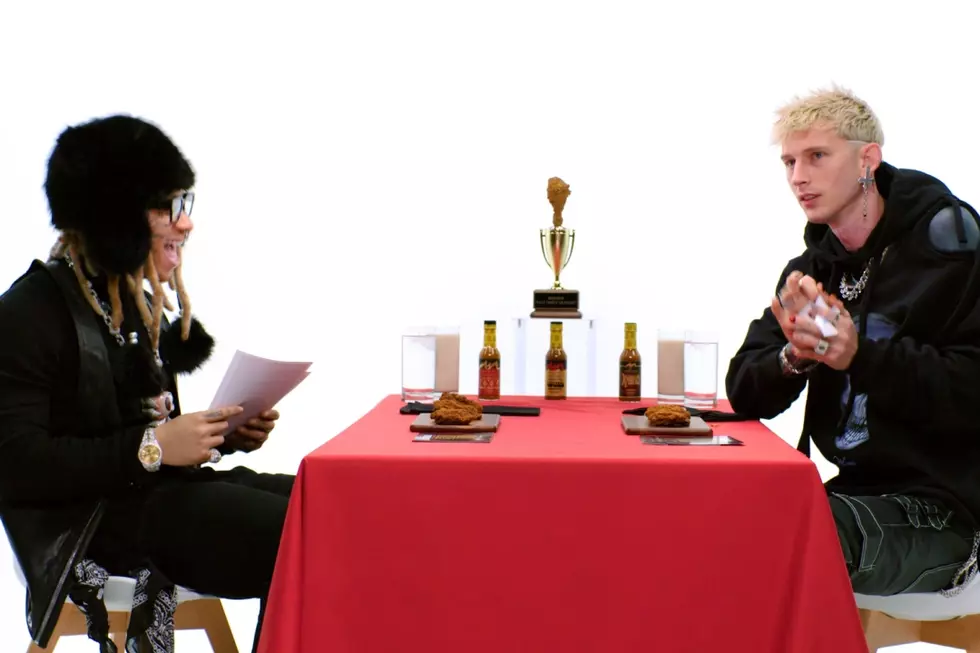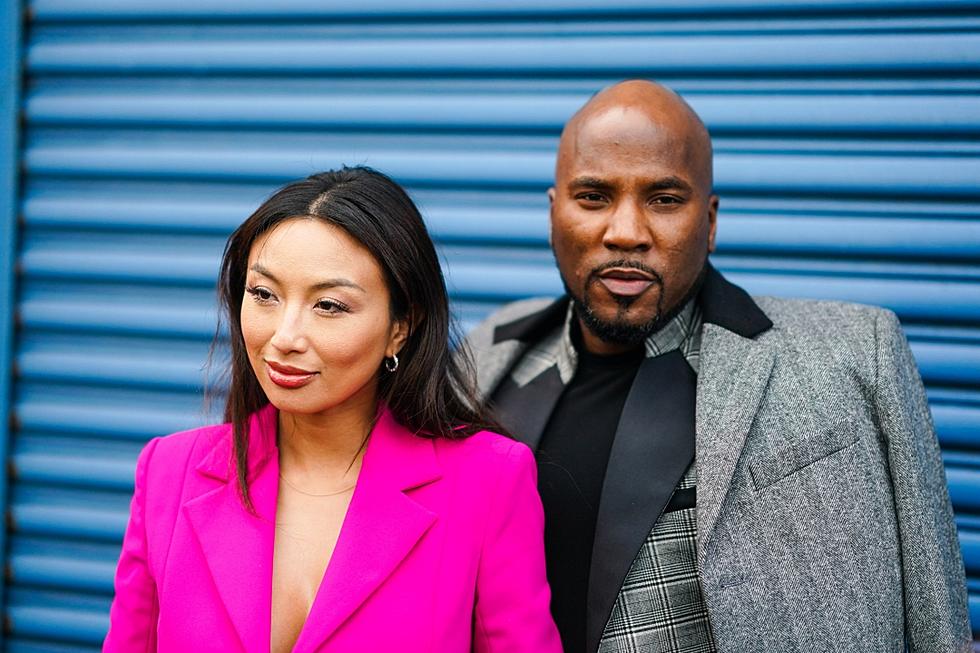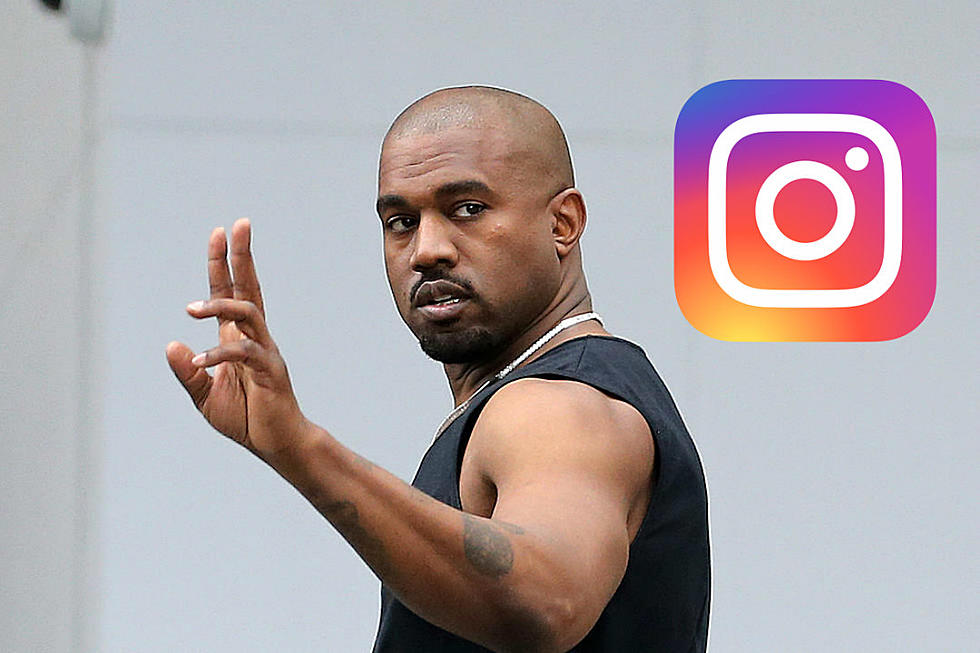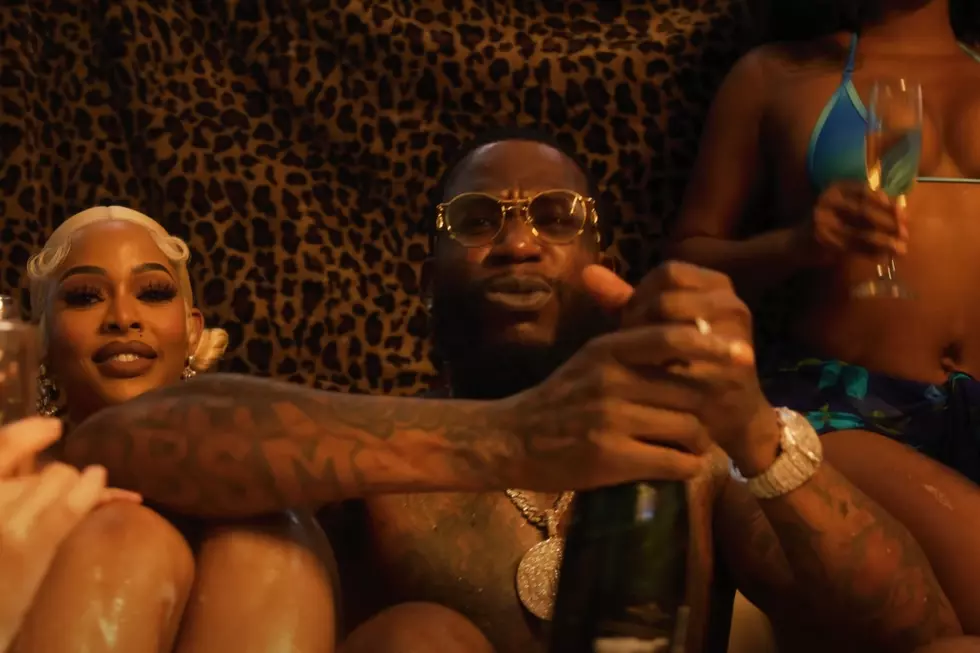Banned From TV
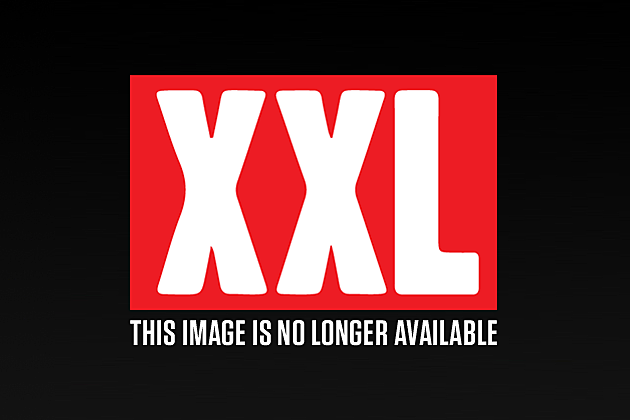 MTV has become such an institution that people often forget it's a business. If they air content that offends viewers or advertisers, the livelihood of the company could be threatened. To protect itself from scrutiny, MTV established a one-man Standards Department in 1984 to decide what images and words could be aired. While the number of people on the censorship board grew, the standards that they use are still very much subjective and open to interpretation. Aside from the obvious dirty words and sexual content, violence, drug use, racism and political statements are regularly deemed unacceptable by the Standards Department. The network is notoriously tight-lipped about the reasoning behind its decisions, so XXLMAG.COM decided to take a look at videos that MTV has not wanted you to see over the years.
MTV has become such an institution that people often forget it's a business. If they air content that offends viewers or advertisers, the livelihood of the company could be threatened. To protect itself from scrutiny, MTV established a one-man Standards Department in 1984 to decide what images and words could be aired. While the number of people on the censorship board grew, the standards that they use are still very much subjective and open to interpretation. Aside from the obvious dirty words and sexual content, violence, drug use, racism and political statements are regularly deemed unacceptable by the Standards Department. The network is notoriously tight-lipped about the reasoning behind its decisions, so XXLMAG.COM decided to take a look at videos that MTV has not wanted you to see over the years.
Politics As Usual
Public Enemy "By The Time I Get To Arizona" (1991)
MTV does make an effort to instill a political consciousness in viewers through programming like their Rock the Vote campaign, even going so far as to bemoan the apolitical leanings of rappers in editorials like this one. Despite a desire to see more political awareness in music, the network regularly censors political content that their Standards Department does not agree with. Public Enemy's "By the Time I Get to Arizona," a song criticizing Arizona's refusal to adopt the Martin Luther King holiday, was banned for its portrayal of the assassination of a white supremacist governor. The group was banned again when they refused to remove the phrase "Free Mumia" from the chorus of "Gotta Give Them What They Need." Content related to snitching (Obie Trice's "Snitch") or police brutality (Geto Boys' "Crooked Officer") has been banned in the past, and videos that are seen as anti-American (Eminem's "White America") or endorsing terrorism (British rapper M.I.A.'s "Sunshowers") have met the same fate.
Obie Trice feat. Akon "Snitch" (2006)
(click here to see video)Eminem "White America" (2002)
(click here to see video)Public Enemy "Gotta Give The Peeps What They Need" (2002)
(click here to see video)M.I.A. "Sunshowers" (2005)
(click here to see video)
Commercial Break
The Pack "Vans" (2006)
In its effort to maintain artistic integrity, MTV has refused to play videos that strongly endorse commercial products. Most recently, the network refused to play The Pack's "Vans" video, echoing a decision a few years ago to ban Nelly's "Air Force Ones" (which was played by BET). Curiously, clips like Busta's "Pass the Courvoisier" were in heavy rotation.
Nelly "Air Force Ones" (2002)
(click here to see video)
Sex Crimes
Eminem "Superman" (2002)
One of the easiest ways to get banned is to show too much flesh or be too suggestive about sex. Today, many artists anticipate the ban and opt to bypass MTV, instead relying on late-night and local outlets to get their clips seen. But with the cancellation of BET's notorious Uncut program, the Internet may soon be the only place these types of videos are available.
Nelly "E.I. (The Tip Drill Remix)" (2003)
(click here to see video)NERD "Lapdance (Uncensored)" (2001)
(click here to see video)50 Cent "Disco Inferno" (2005)
(click here to see video)
Race Card
Brand Nubian "Wake Up" (1990)
MTV has refused to play any clips that can be construed as racist, which increasingly became a factor with the popularity of Black Nationalist consciousness in rap in the early ’90s. The network was not amused by videos depicting the White man as the devil, refusing to play prominent clips by MCs who prescribe to the dogma of the 5 Percent Nation. Additionally, the network has frowned on videos depicting violence towards White people, like dead prez's clip for "Hell Yeah," where a white family on vacation gets car jacked.
Paris "Devil Made Me Do It" (1990)
(click here to see video)dead prez "Hell Yeah" (2004)
(click here to see video)
More From XXL

